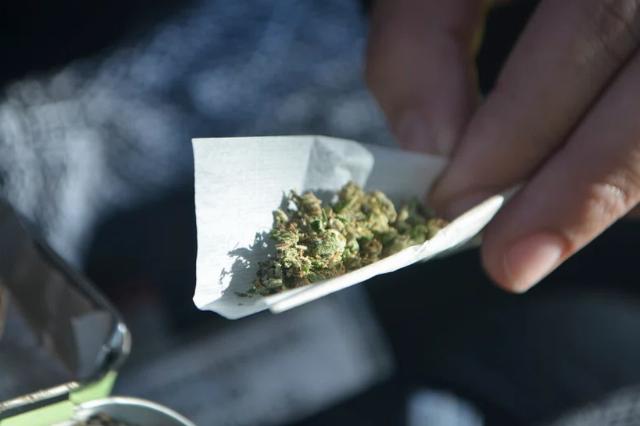Kamala Harris's recreational pot pledge
As a retired physician, psychiatrist, and psychoanalyst, I want to express my concerns about cannabis use even though I support its decriminalization. Pot’s subtle perils, in my opinion, render decriminalization as very different from the widespread social acceptance that liberal Democrats like Kamala Harris advocate.
(1) Medical Use of Cannabis -- When cannabis use is necessary to assist terminally ill cancer patients with nausea or pain and a qualified physician or nurse practitioner is supervising, then oral cannabis preparations are appropriate. Other established medical uses of marijuana need to be carefully supervised as well. Marijuana is not useful as an antidepressant, tranquilizer, or psychiatric medication though many people try to use it that way.
(2) The “Gateway Hypothesis” -- is the correct idea that marijuana is often an early gateway towards the future use of harder drugs by a middle school or high-school-aged person. It too often turns out to be true and not a mere hypothesis.
- Marijuana use is very destructive to the treatment process for persons with Schizophrenia, Bipolar Disorder, and Major Depression. Marijuana’s effects make it difficult or impossible for a psychiatric or mental health clinician to assess the therapeutic effects or side effects of psychiatric medications. The thought derailment or a false sense of security that pot causes renders psychotherapy communication and counselling difficult or ineffective.
- Subtle Brain Perturbations -- Particularly in persons under twenty-five years of age, marijuana causes subtle thought derailment, cognitive slippages, or poor focus of attention or memory. The source of this subtle brain damage is related to the impact of marijuana during the incomplete process of myelinization in the preadolescent, adolescent, and late adolescent brain. Myelin is the insulation sheath around brain nerve fibers that is essential to full functioning of key areas of the adult brain.
- Cannabis can cause panic anxiety or hallucinations. More commonly, it causes a false sense of calmness or illusionary perceptions of being more creative or intelligent than academic or practical reality testing can establish. Increasing potency of pot in recent years leads to more adolescent cases of cannabis-related psychosis.
- Loss of Motivation -- Also ominous is the well-established observation that cannabis interferes with long-term personal motivational domains that are necessary for long-range career planning. This is often called the “Amotivational Syndrome.” In my former practice I worked with young people who chronically smoked marijuana and thought they were very cool. In fact, they were dodging the normal mild anxieties and stress associated with dating, test-taking, and social, community, or family gatherings. Pot accounts for roads too commonly traveled to mediocrity.
Widespread acceptance of marijuana use in America is not without perils for our youth and adults with mental health issues.

Image: RawPixel.com





